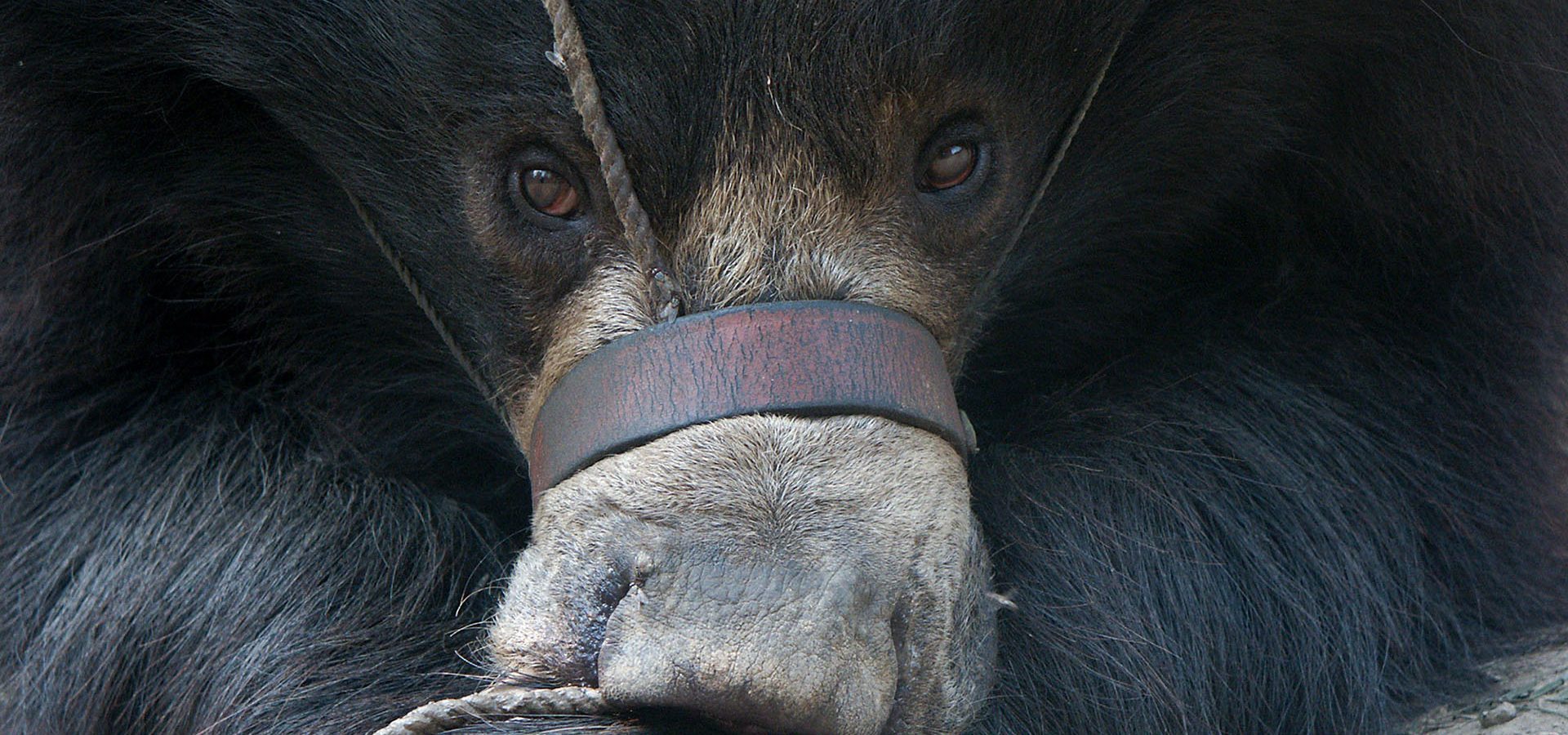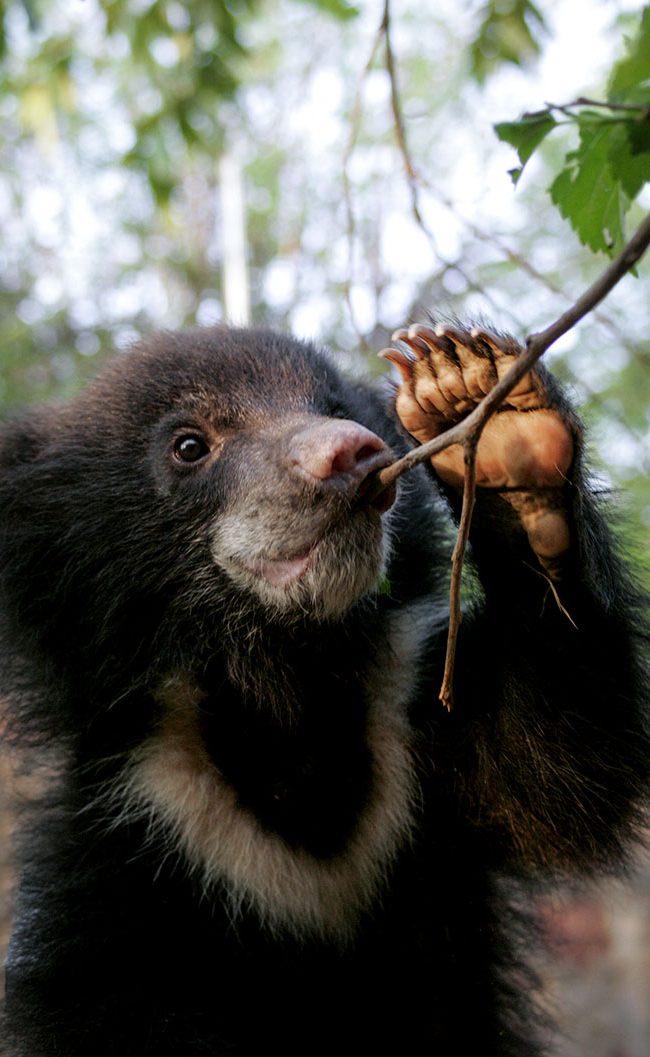
Wildlife SOS co-founders Geeta Seshamani & Kartick Satyanarayan investigated the illegal practice of dancing sloth bears from 1995 to 1997. A report was submitted to the Government of India and circulated worldwide which helped establish the Sloth Bear Rescue and Rehabilitation centres in India and played a pivotal role in ending the barbaric practice of dancing bears.
To gain a deeper understanding of the community, Kartick and Geeta spent time living amongst them and visited about 68 Kalandar villages, to work together and think of a sustainable solution to put an end to such a brutal practice. An inclusive analysis helped them understand the desperation and the economic conditions of the community responsible for the dependence on the dancing bears. Hence, to maintain the permanence of the eradication, a holistic approach which targeted and aided the community at all tiers was needed.
Consequently, Wildlife SOS through its ‘Dancing Bear- Project’ in association with the Ministry of Environment and Forests, the Govt. of India and the state forests departments, extended aid to the community by availing to them a new lease on life in the form of seed funds and assistance to initiate a new business. Additionally, the women folk of the community were also given a chance to be independent, by imparting skill training and a market to sell their products. Such an extensive approach did not stop at the employment level. Through its Education Support Drives, Wildlife SOS also made sure that the coming generations of the Kalandar community does not have to resort to animal abuse in order to sustain a living. The children of the Kalandar community were enrolled in school and were supplied with school supplies regularly to maintain their sustainability in a formal education system.

Objective: To eradicate every last instance of the ‘Dancing Bear’ practice in the country and provide lifelong care and sanctuary to all the bears rescued from this barbaric practice.
Location/Region: Pan-India.
Milestones:
Timeline:
White papers, publications, or research: 3 compendiums of research published by Wildlife SOS.
Project Needs: Tightening the noose around anti-poaching activities in India.
Other Collaborating Groups: International Animal Rescue, One Voice Association- France and Humane Society International- Australia.